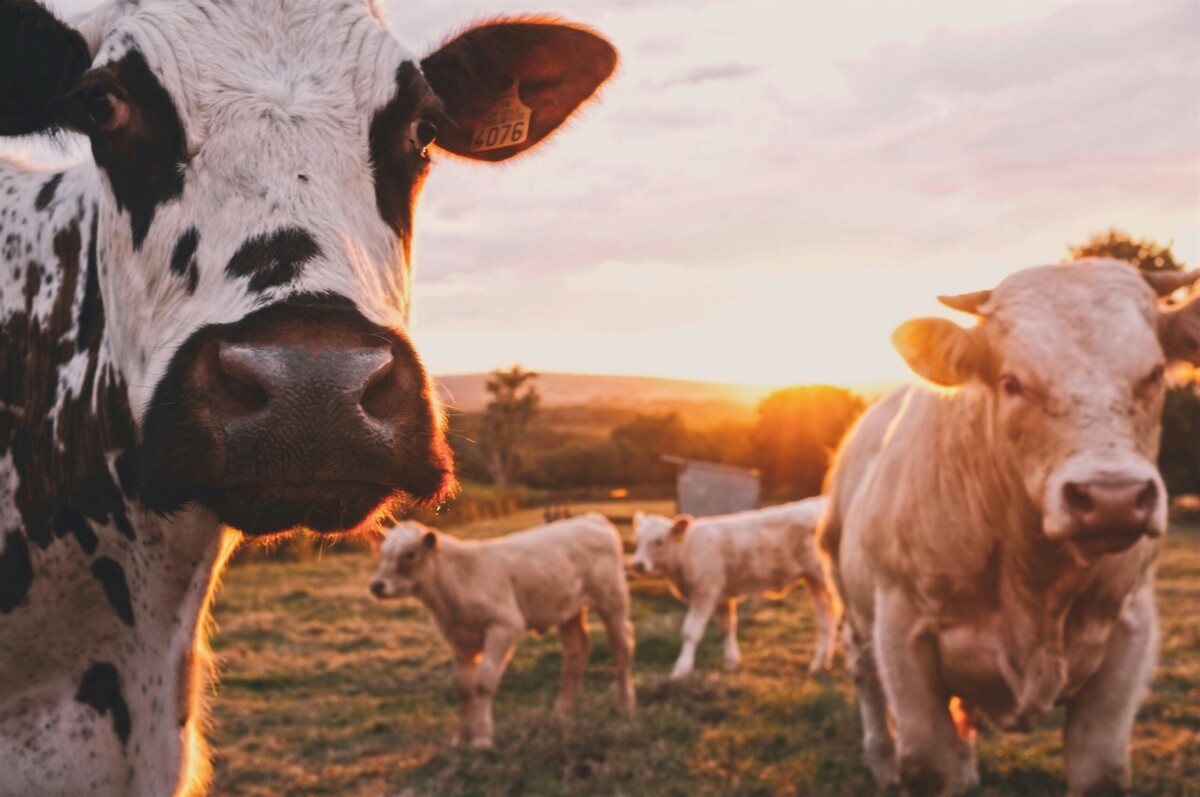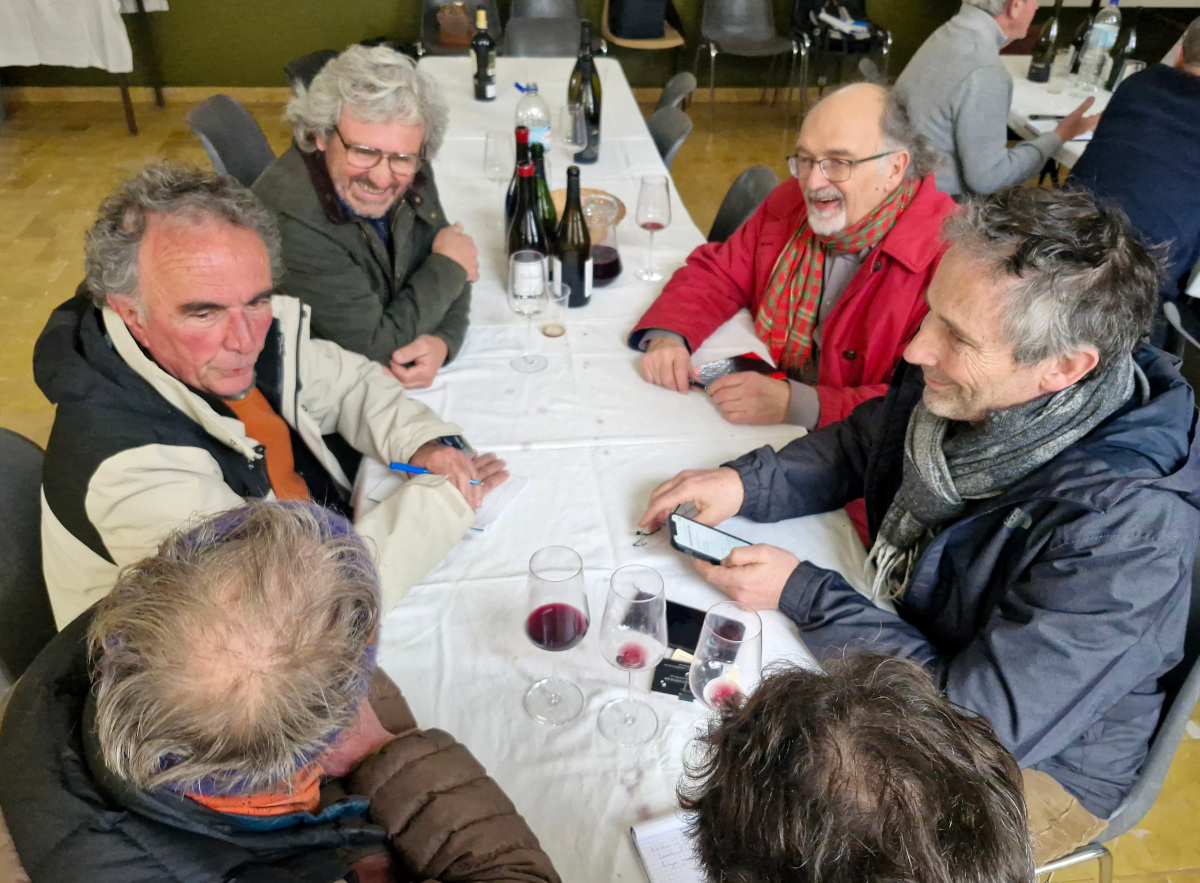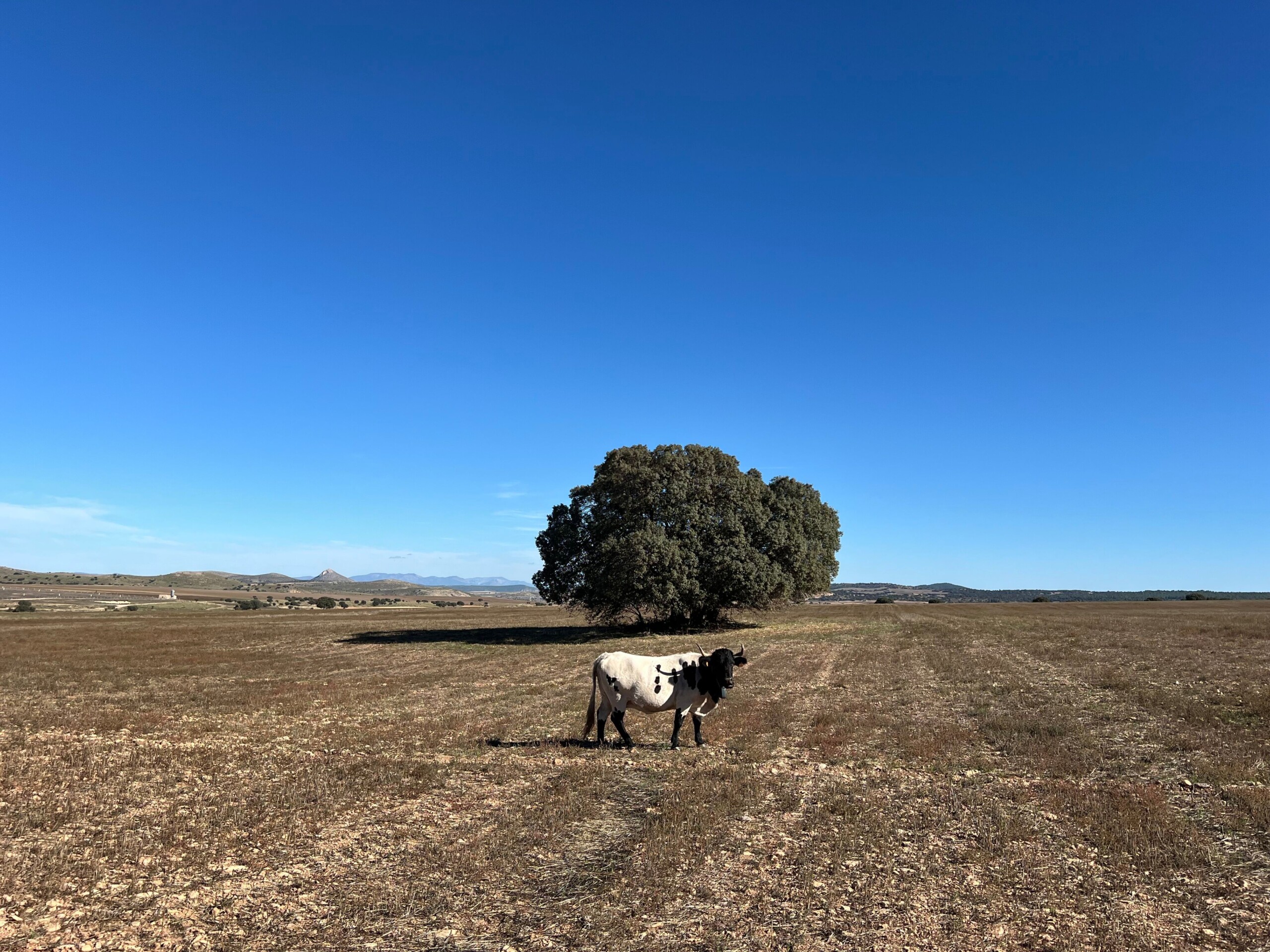
Photo by Stijn te Strake on Unsplash.
15 July 2025
The good news is regenerative agriculture is on the rise across Europe. Yet, most farmers continue to trust and rely on their agronomist for guidance, and few agronomists are currently trained in regenerative practices. This raises a critical question: Who will help the next generation of farmers navigate the transition to regenerative practices? To meet this challenge, we need a new constellation of regenerative agronomists to emerge and support change-makers in the field.
This month, the Investing in Regenerative Agriculture and Food (IRAAF) podcast explores this pressing topic with leaders from Climate Farmers and the Regenerative Agronomist Training Program that the Datamars Sustainability Foundation has co-created and supported. We’re delighted to see two of our project partners, Climate Farmers and IRAAF, coming together for this vital conversation. Stream the full episode here.
Building the next generation of regenerative agronomists
The episode features open-air discussions with agricultural pioneers Philippe Birker (Climate Farmers), Benedikt Bösel (Gut&Bösel farm), and Matteo Mazzola (advisor and farmer). Host Koen van Seijen guides the conversation through:
- The current shortage of qualified regenerative agronomists in Europe.
- The growing interest among young people in regenerative approaches—and where the existing education system falls short.
- First-hand stories of farmers’ journeys to regeneration, including the risks, uncertainties, and powerful mindset shifts required.
- The deep social and psychological dimensions of true agricultural transformation.
The regenerative agronomist training program: practice, partnership, and impact
Climate Farmers co-created the pilot Regenerative Agronomist Training Program with DMSF to close the critical knowledge-practice gap. The building blocks of this pilot project include:
- Hands-on learning: Agronomy graduates undertake residencies on advanced regenerative farms, gaining real-world, context-specific experience.
- Community and mentorship: Participants receive guidance from leading global practitioners and collaborate directly with farmers as they develop on-the-ground transition plans.
- Measurable impacts: Each plan is measured for ecosystem and community improvements over three years, creating accountability and learning opportunities for both students and farms.
- Diversity and reach: The first pilot attracted applications from 14 countries; of the 7 transition farms selected, 6 are led by women.
DMSF’s role: Empowering change through collaboration
The podcast highlights how philanthropic support is vital. The Datamars Sustainability Foundation’s early commitment and ongoing co-creation and support has made the pilot program a reality—from initial concept through to implementation. Our project contributions include:
- Bringing together diverse partners to co-create solutions.
- Fostering a culture of mentorship and peer learning.
- Ensuring that both farmers and agronomists can access context-rich, hands-on support in their own regions.
Through our ongoing investments in bold, practical initiatives and amplifying voices across the regenerative movement, DMSF brings a distinct, threefold focus:
- Honouring the people who regenerate the land.
- Reframing animals as regenerative allies.
- Showing the impact of regenerative agriculture through measurable results.
Why this matters
As the episode makes clear, true agricultural regeneration goes beyond technical fixes. It involves:
- Institutional change—making regenerative education accessible and practice-based.
- Personal and collective transformation—supporting farmers as they navigate uncertainty and find community.
- Ongoing measurement—building an evidence base for what works in context.
Listen, share, and join the movement
Listen to the episode to hear from the people shaping the future of food and farming. DMSF is proud to be co-creating and supporting this journey and invites all who care about resilient, regenerative agriculture to help build pathways for the next generation.
Discover more about our ongoing projects and join the conversation about building regenerative food systems for the future.




